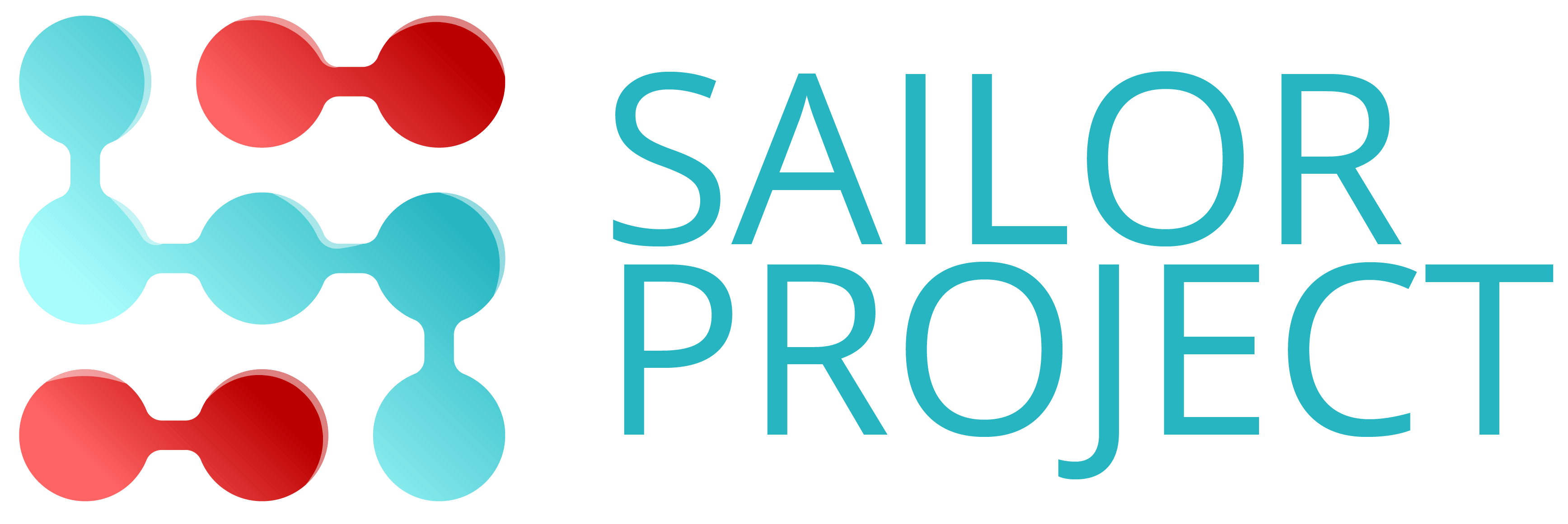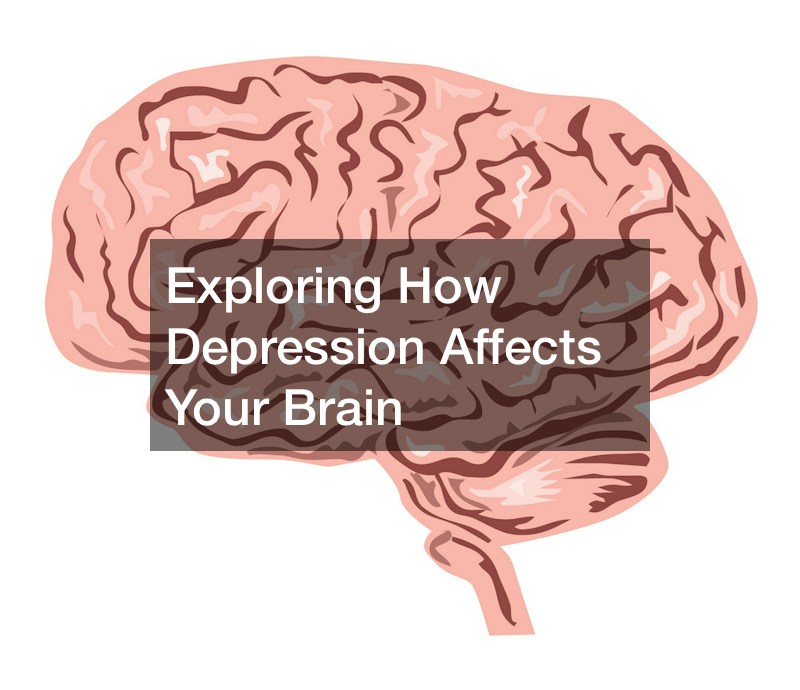Current approaches to depression treatment are rooted in the monoamine deficiency hypothesis, presuming that deficiencies in neurotransmitters like serotonin or norepinephrine contribute to the condition. However, this hypothesis faces scrutiny due to its limited perspective on the complex network of over a hundred neurotransmitters and billions of brain connections.
Alternative causes for depression symptoms are emerging, focusing on neurotransmitters such as glutamate and GABA, integral in regulating mood and emotion. Chronic stress, a common precursor to depression, is highlighted as a factor impacting synaptic connections between nerve cells, leading to inefficient and noisy communication in circuits linked to mood regulation.
Understanding the neurobiology of depression is crucial for two main reasons. Firstly, it sheds light on how the disease develops and progresses, paving the way for targeted depression treatments. Secondly, it emphasizes the transformative potential of effective interventions, illustrating that successful depression treatments can restore the brain to a healthy state.
Recognizing depression as a long-term disorder, there is a call for innovative approaches and new depression treatments to address the evolving landscape of psychiatric care. The paradigm shift in psychiatry is moving away from a narrow model of monoaminergic deficiency to a more comprehensive understanding of the brain as a complex neurochemical organ, opening avenues for personalized and effective interventions.
.






